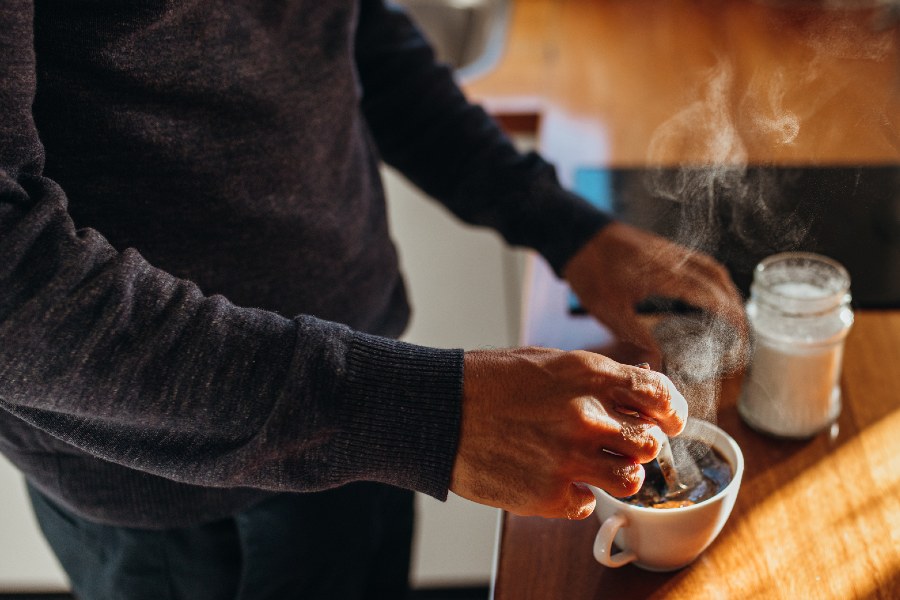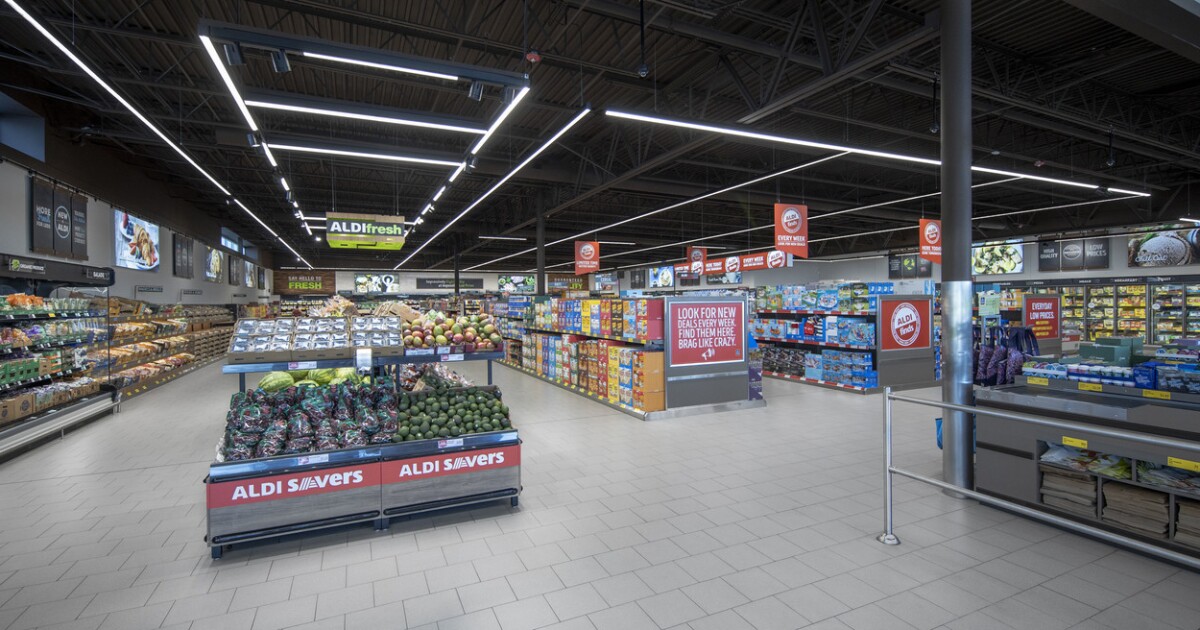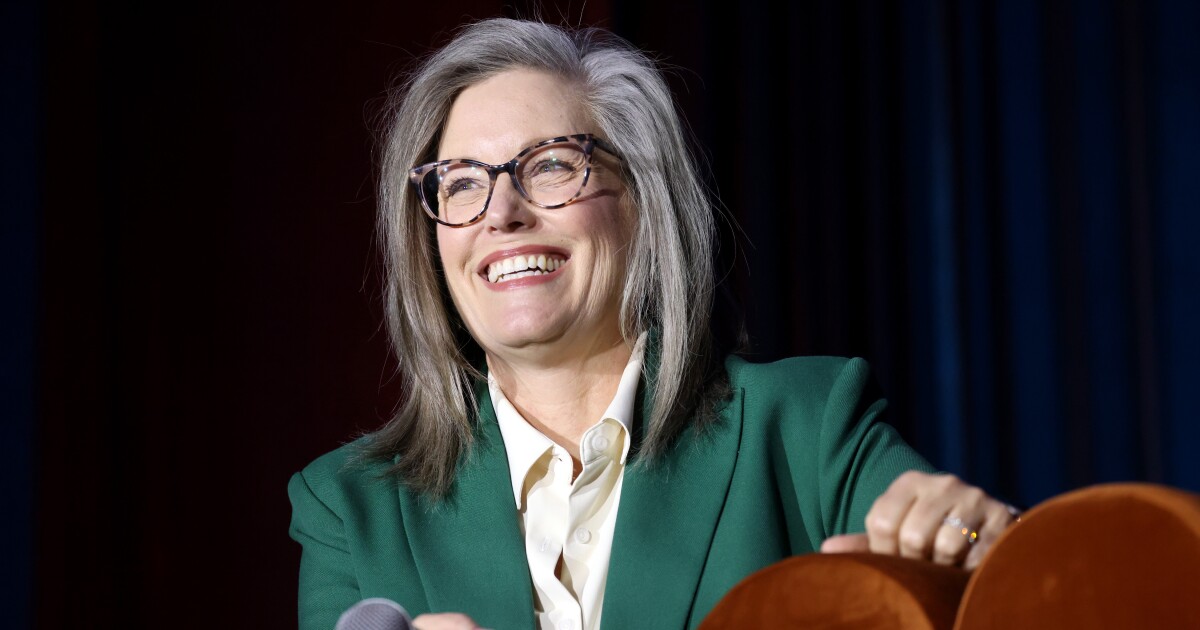If your morning coffee feels a little pricier lately, you’re not imagining it. A new 50% tariff on coffee imports has sent prices climbing across the country. In July alone, coffee prices surged compared to last year — putting a strain not just on your daily cup, but also on many small businesses that serve it.
New Tariffs on Coffee Imports
A new wave of tariffs is reshaping the cost of everyday essentials — and coffee is at the top of that list. In early August, the U.S. imposed a 50% tariff on coffee imports from Brazil, which has long been a top importer of coffee to the U.S.
Coffee is especially vulnerable because the U.S. imports nearly all of its supply. With limited options to source domestically, the added tariffs have driven up prices across the supply chain — from importers and roasters to grocery stores and local cafés. According to the Bureau of Labor Statistics, the average retail price for a pound of ground coffee hit $8.41 in July, up 14.5% year-over-year.
Impact on Consumers
For everyday Americans, that means paying more for their caffeine fix. Even the cost for household staples like Folgers or Maxwell house are creeping up in price. J.M. Smucker, the parent company behind Folgers, has implemented four price increases this year, citing the rising costs of green coffee beans and new tariffs.
For many, what was once a dependable, low-cost part of the daily routine is becoming another financial pressure point — especially when most families are already stretched by higher prices across the board.
Small Businesses Under Pressure
The pain is even sharper for small rural businesses that depend on coffee and other imported ingredients.
Jessica Simons, owner of Bethany’s Coffee Shop in Lincoln, Nebraska, says her costs have jumped 18–25% since January:
“We had to put a 3% fee on the coffee because we are waiting for our new menus to be printed, reflecting the new price,” Simons said. “But the prices have changed so quickly that we can’t reprint menus every time the price goes up.”
With slim margins, Simons says she has no choice but to pass some of those costs on to customers just to stay afloat.










